Click to Skip Ahead
It can be deeply worrying if your cat’s whiskers start to fall out. While this phenomenon could be cause for concern, a cat losing whiskers naturally happens as part of the shedding process and they will normally regrow them. Unlike humans, they do not naturally lose whiskers as they age, but you may see some graying.
Naturally, you want the best for your cat and ensure that they are healthy and free from stress and distress, which is why you’re concerned about the loss of their whiskers. Read on to see whether there is cause for concern, what you can do if your cat is losing whiskers suddenly, and the possible causes.

Why Do Cats Need Whiskers?
Whiskers are incredibly important to cats. They are highly developed sensors and are used throughout the day. They enable navigation through a cat’s environment, working similarly to an insect’s antennae. If a cat can fit their whiskers through a gap, they should be able to fit the rest of their body through.
They also help the cat land on their feet because they work as proprioceptors that send messages to the brain to inform them of a change in the position of their limbs. Without whiskers, a cat can lose balance, get stuck in small spaces, and lose confidence in their ability to traverse the local surroundings.
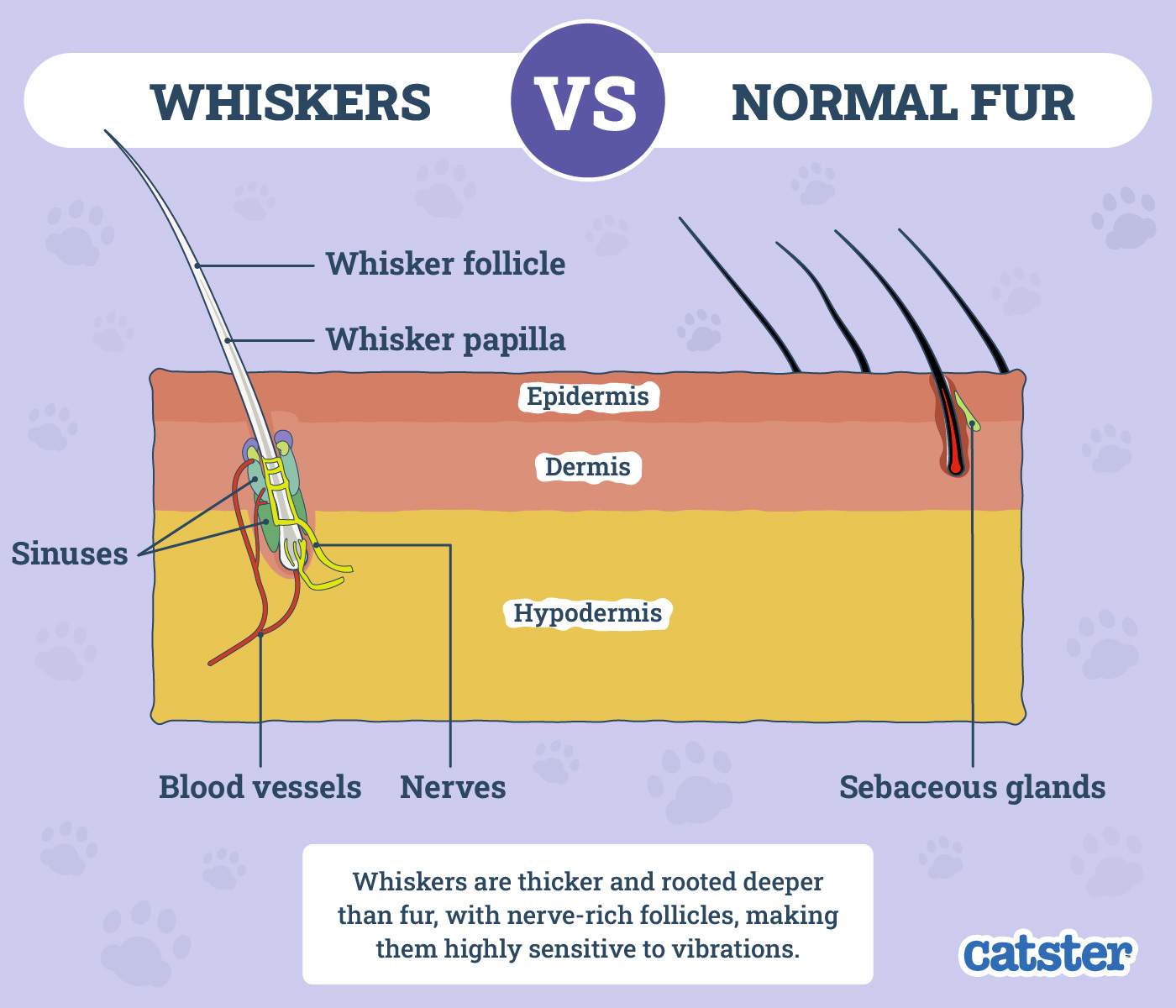
Do Cats Shed Whiskers?
A cat’s whiskers naturally grow, shed, and regrow. They are continually being replaced, but your cat will only usually shed one or two at a time. However, it is unlikely that you will ever notice your cat shedding a whisker. If you see one on a couch or the floor, you may mistake it for ordinary hair.

Other Causes
While you won’t notice your cat losing one or two whiskers, you will notice if they start to fall out in clumps or larger volumes. If that occurs, it’s unlikely that it’s due to natural shedding, and one of the following reasons may be the culprit.
1. Allergic Reaction
Cats suffer from allergies just like we do. While we have runny noses and puffy eyes, cats usually show an allergic reaction through skin inflammation and other dermatological problems. Therefore, if your cat is losing whiskers, it could be a sign of an allergy.
In particular, it is likely to be a food allergy or an allergic reaction to something in the cat’s local environment. It is more common for a flare-up to occur in the area that comes into contact with an allergen, but considering a cat’s whiskers are often the first thing through a gap and into a new area, it could lead to a loss of whiskers.

2. Local Infection
Bacterial and fungal infections can affect your cat in the same way as an allergic reaction. They can experience a flare-up on their skin or hair. It can also cause their whiskers to fall out. Even ringworm, a fungal infection, can cause your cat to lose whiskers.
You will need to seek veterinary advice as soon as possible, and your vet will likely treat the problem with medication.
3. Physical Trauma
If your cat suffers a physical wound, it could affect their whiskers. Specifically, if your feline has a wound around the base of their whiskers, it could cause some to fall out. Injuries can be caused by other animals, including cats, dogs, and wildlife.
It could be caused by your cat rubbing against trees, buildings, and other objects that might have a sharp edge. The only real way to prevent such accidents is to stop your cat from going outdoors unaccompanied.
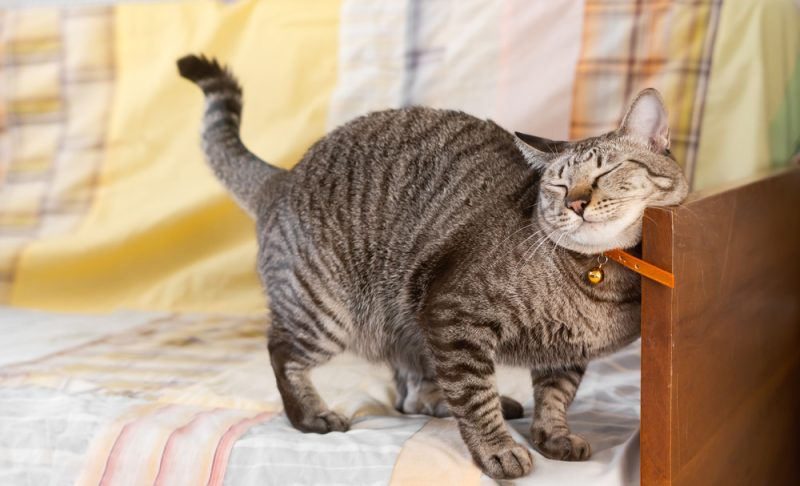
4. Feline Acne
Surprisingly, cats suffer acne in much the same way as their owners can. It usually starts at the chin, but if an outbreak is bad enough, it will make its way across the cheeks to the whiskers. Acne can be prevented by using metal or ceramic feeding bowls and ensuring they are washed frequently. One of the leading causes of feline acne is a build-up of bacteria making its way from the bowl to your cat’s face.
If you need to speak with a vet but can't get to one, head over to PangoVet. It's an online service where you can talk to a vet online and get the advice you need for your pet — all at an affordable price!

Will They Regrow?
In most cases, a cat’s whiskers will regrow. You must ensure that the cause of the whisker loss has been treated. You can take your cat to the vet and consider an elimination diet to determine if they have any allergies.
Look for signs of injuries and treat fleas, ringworm, or other infestations that crop up. If your cat suffers from acne, try changing to metal or ceramic bowls and wash them every day.

Conclusion
A cat relies heavily on its whiskers, for everything from navigating its local surroundings to ensuring that it can balance effectively and efficiently. Although a cat does naturally shed and regrow whiskers, if they’re losing too many quickly, it could be a sign of illness, infection, or another problem.
If you can identify the cause, such as acne or an allergic reaction, take steps to remedy the problem or consult your veterinarian to help resolve the problem.
Featured Image Credit: Melani Marfeld, Pixabay

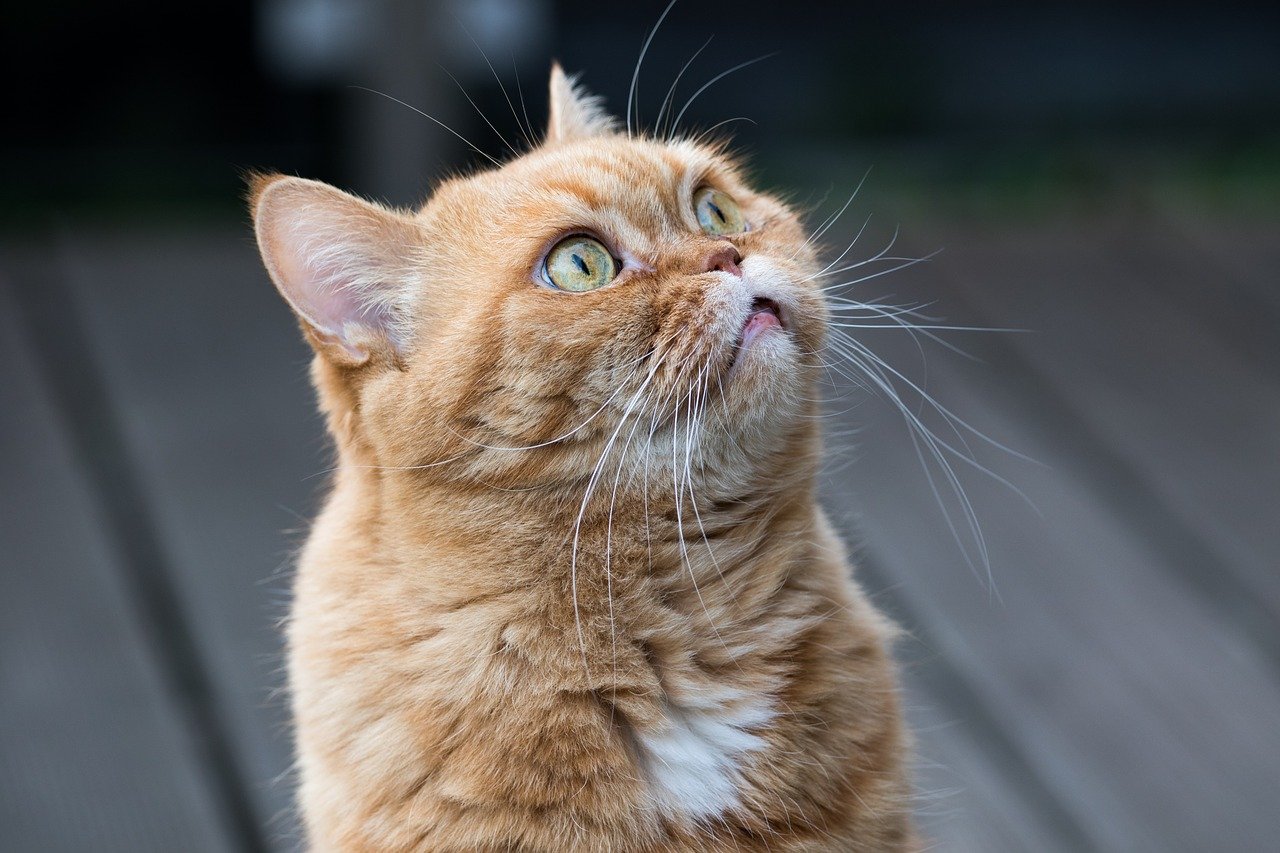

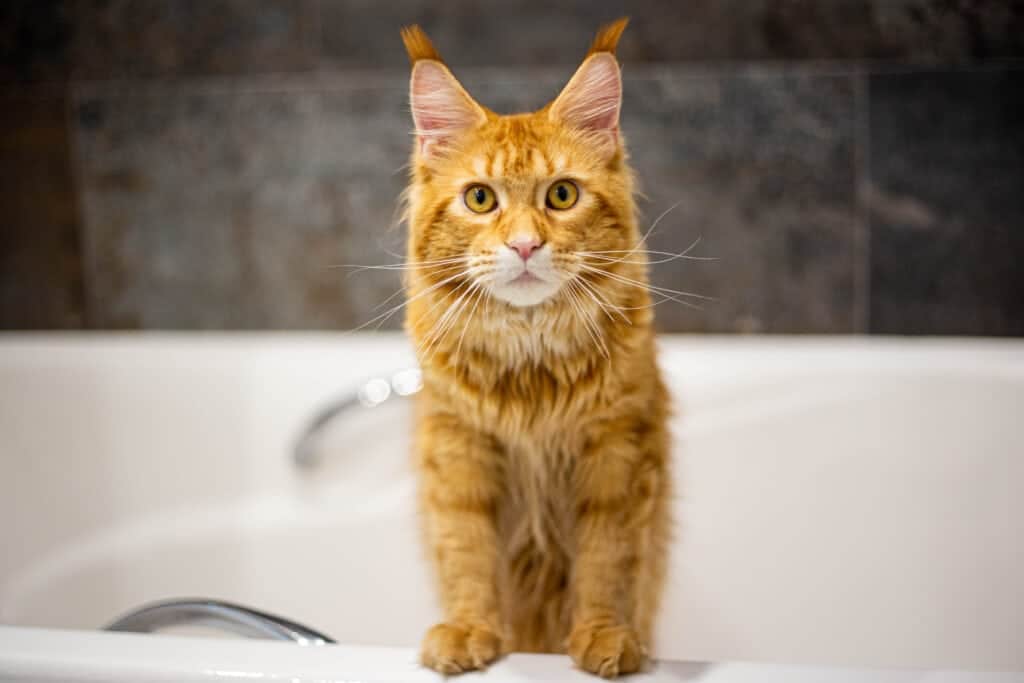
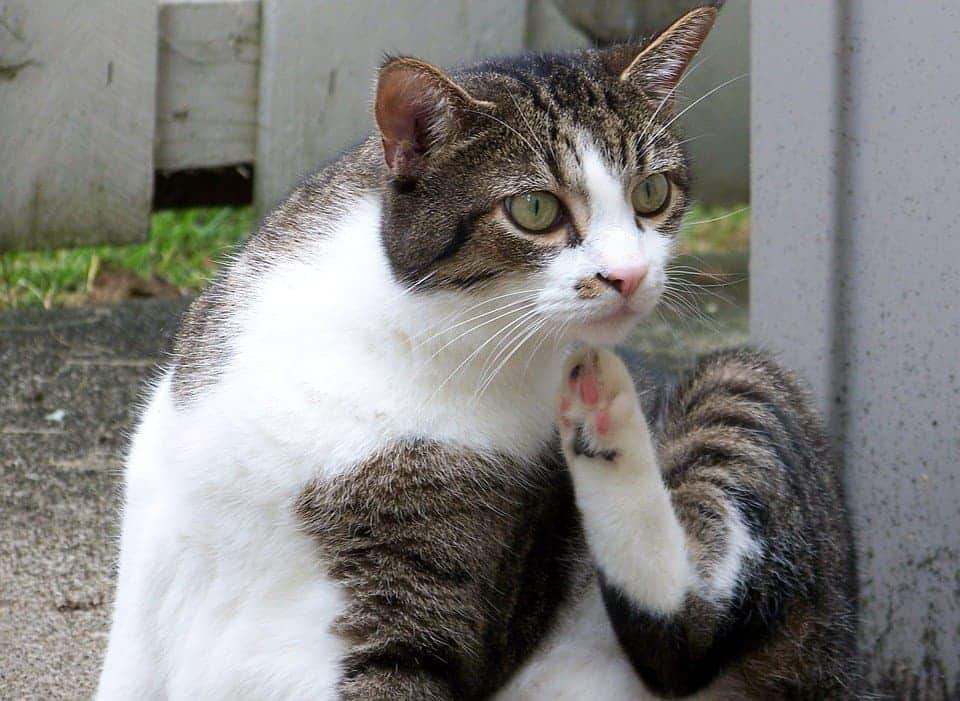
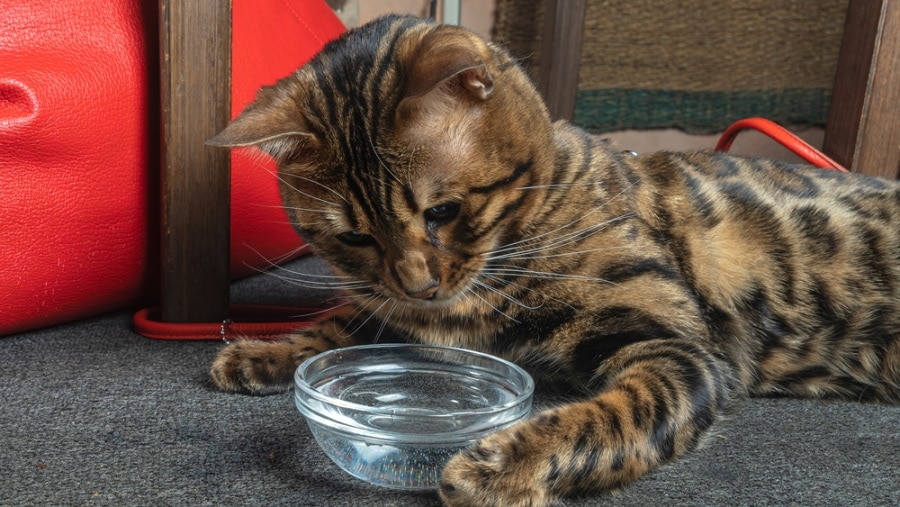



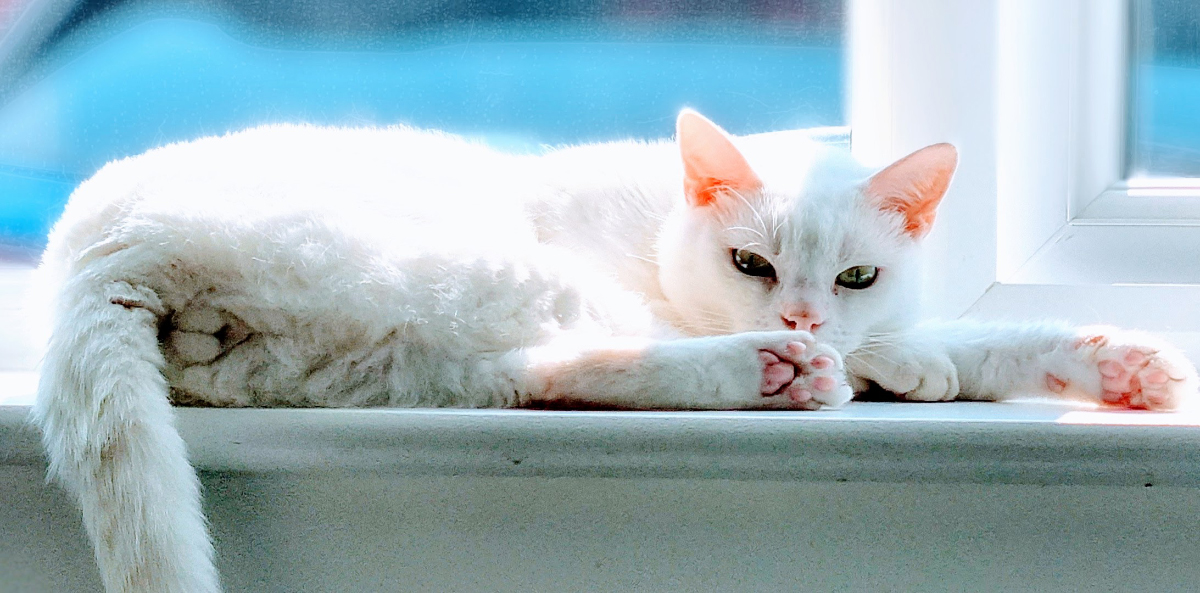

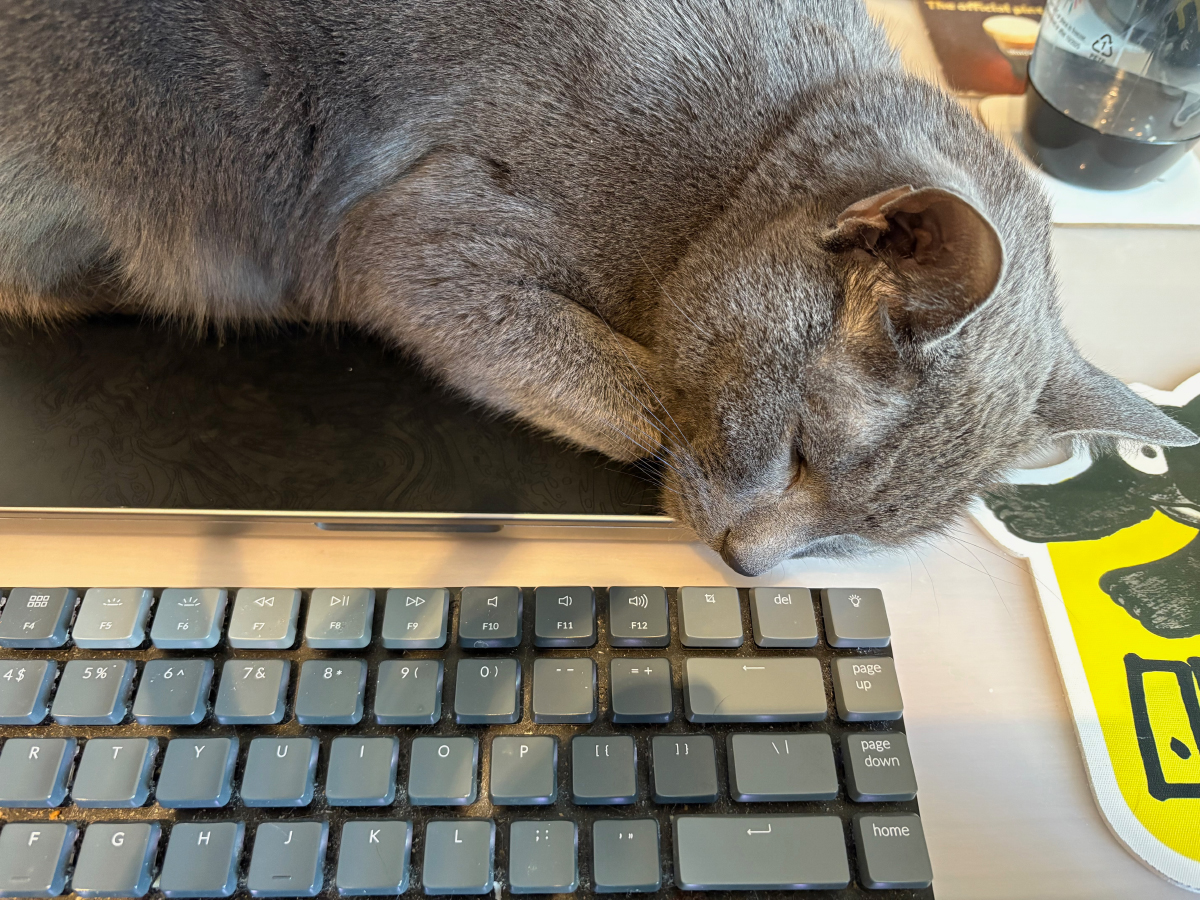
I just noticed that my 16.5 year old cat lost the whisker above his left eye. I don’t see other symptoms. Should I be concerned?
Hi Michel, while it is normal for cats to shed whiskers, they usually do only a couple at a time. Keep a close eye on your cat for any signs of concern and if you wish, feel free to book a one-on-one consultation at www.pangovet.com for advice and tips. Thanks for reading us!
My cat is seemingly losing a whisker a day. There's no visible reason; no infection or irritation. There's no change in his environment. I've been more stressed, but he hasn't seemed stressed at all. I don't know if I should be concerned or not.
Hi Amanda, one whisker a day is not normal, consider taking your cat to the vet to rule out medical causes. Whiskers are important for cats.